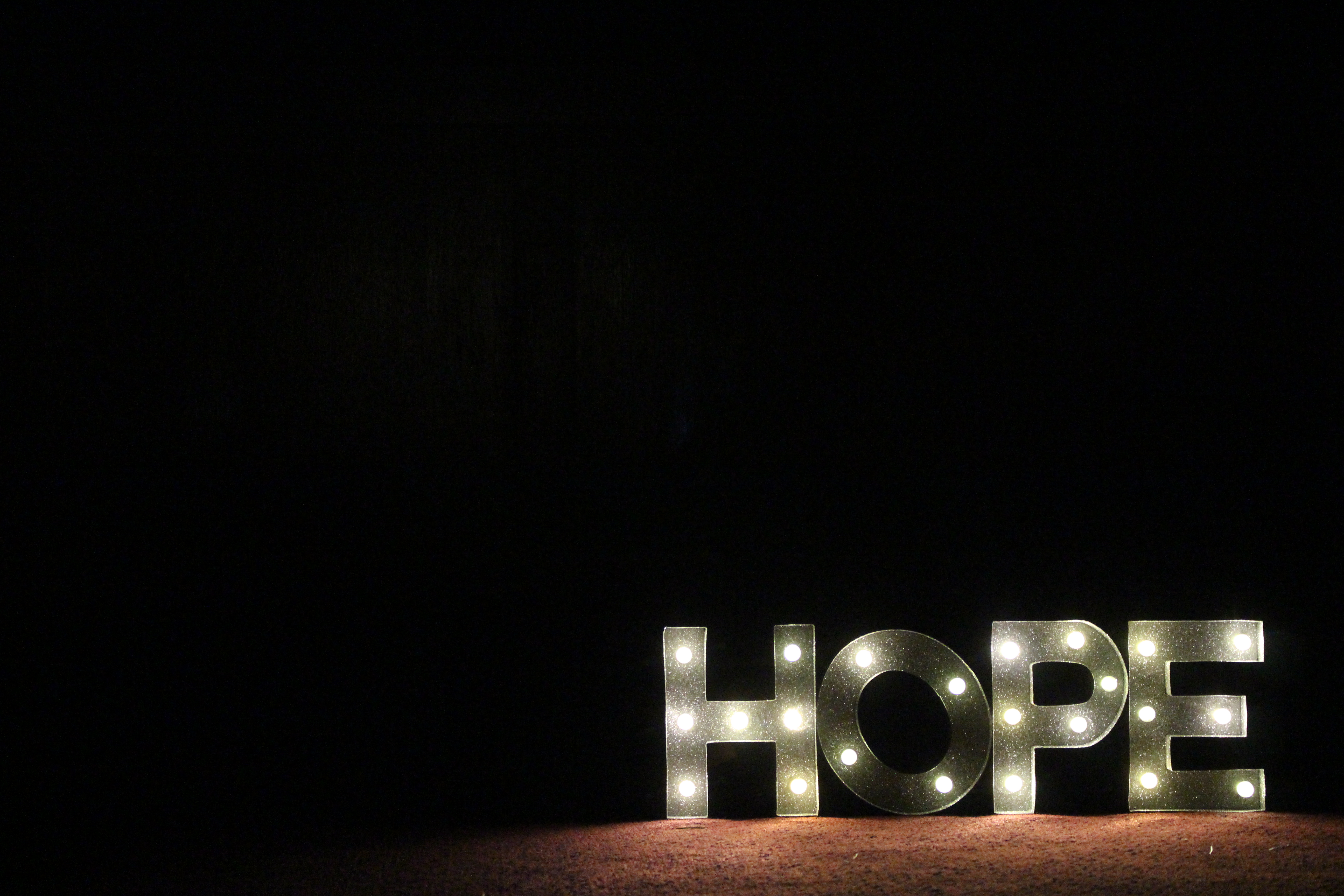Hope is the theme for this first week in Advent, the little Lent during which we prepare spiritually (not just shopping-wise) for Christmas. Jürgen Moltmann is a prolific German theologian still living today, who has written extensively on HOPE. His theological understanding of Christian faith, in particular the hope promised both now and in the eschatological future, by the cross and resurrection find their existential root in his experience as a prisoner of war during World War II. His theological work is focused from the dialectical truth (the holistic affirmation of two seemingly contradictory points of view) of the cross [ death and despair-inducing defeat] and resurrection [new life and liberating victory] of Jesus.
He writes in a way that is not overly academic, as his goal is to engage the “average” person seeking to know and follow Christ, to participate in the joint work of Jesus and the Spirit of God to bring the reality of resurrection fully into the realm of our world. For him hope is the transformative experience of God’s love in despair rooted in our sin or our human-ness; it is the liberating grace which can only be explained and named in the dialectical truth of the cross which is both the death of God and the new life of God into which all of our brokenness, sin and despair are bound and then liberated and transformed. Hope for him is rooted in the inarticulate-able mystery that God in all divine power, wisdom and presence suffers not just with us, but for us; that we might be redeemed, liberated and saved to participate wholly in God’s person, purpose and promise. It is a vision of faith as the quintessential hope, maybe even the form of Hope in a Socratic way. And this hope is always both for now and for the eschatological future of God breaking into the world.
Here are some quotes from his seminal book The Theology of Hope.
“Totally without hope one cannot live. To live without hope is to cease to live. Hell is hopelessness. It is no accident that above the entrance to Dante’s hell is the inscription: “Leave behind all hope, you who enter here.”
“That is why faith, wherever it develops into hope, causes not rest but unrest, not patience but impatience. It does not calm the unquiet heart, but is itself this unquiet heart in man. Those who hope in Christ can no longer put up with reality as it is, but begin to suffer under it, to contradict it. Peace with God means conflict with the world, for the goad of the promised future stabs inexorably into the flesh of every unfulfilled present.”
“[Faith] sees in the resurrection of Christ not the eternity of heaven, but the future of the very earth on which his cross stands. It sees in him the future of the very humanity for which he died. That is why it finds the cross the hope of the earth.”
Some questions for reflection and preparation:
- How is Christ your hope?
- How does despair (existential and momentary) threaten to pull you down and under into the darkness?
- How does the hope you’ve experienced move you to action and solidarity, to participation in what you think God is doing in the world? If it doesn’t, why doesn’t it move you physically?
- How is the message of Christmas, the theme of the Advent season, a way in which you deepen your experience of that hope?; or prepare for that hope?; or claim that hope for your own life, our life together and the world both here and to come?
